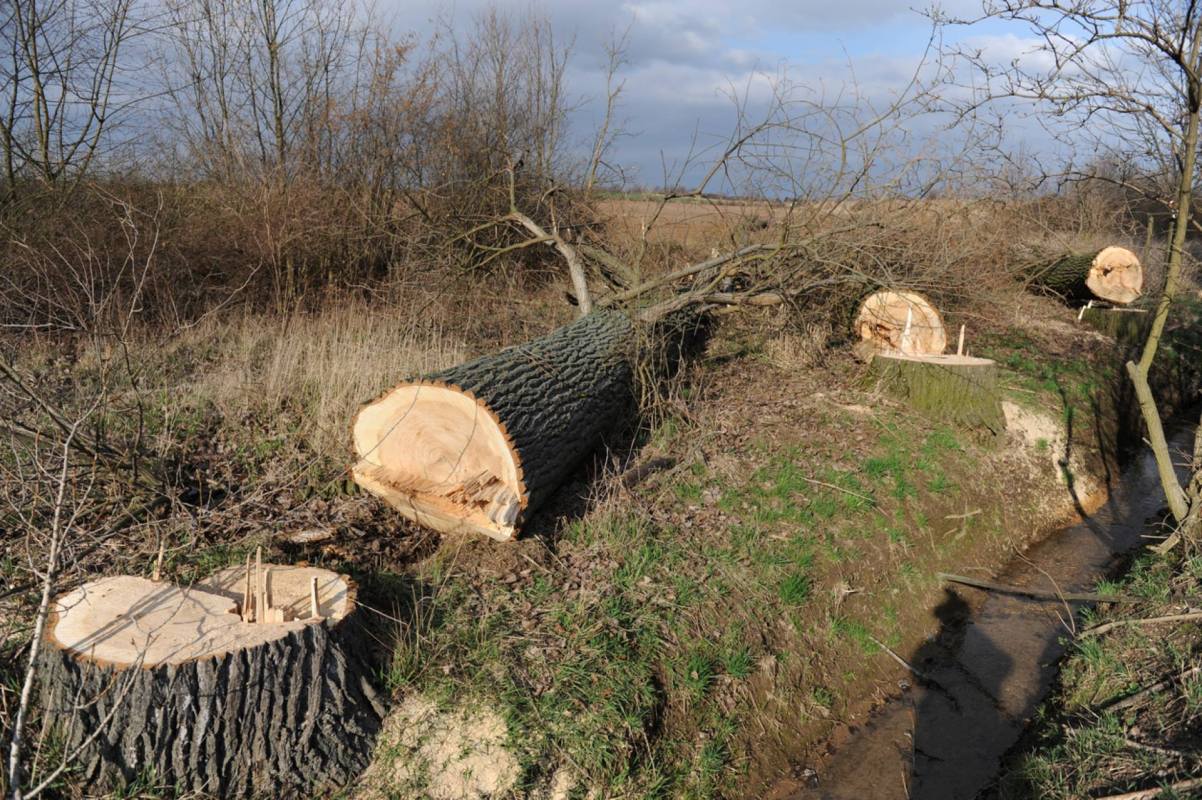An international research team urgently proposes that global governments update their methods for measuring the benefits of nature to better protect it for current and future generations.
According to a research summary from the University of Exeter, governments should consider the loss of biodiversity and "ecosystem services" — such as pollinators and trees — when making political decisions about major projects, such as public infrastructure development.
This cost-benefit analysis allows governments to weigh the potential risks of disrupting ecosystems against the financial and social benefits of new projects. However, the researchers say the current methods for appraising nature's benefits greatly undervalue increasingly scarce resources.
In contrast, the researchers' approach, published in Science, puts a much higher price on nature and ecosystem services because of increasing incomes worldwide and the consequent biodiversity loss, making nature more valuable over time.
The research team said that the world's income is estimated to increase by 2 percent annually after adjusting for inflation. As people's incomes rise, researchers believe they will be more willing to spend money safeguarding nature.
"The fact that scarce goods become more expensive is a fundamental principle in economics, and it also applies here. And in view of current developments, unfortunately, we must expect the loss of biodiversity to continue," Moritz Drupp, Professor of Sustainability Economics at the University of Hamburg and lead author of the study, said in the research summary.
The researchers explained that the current value of ecosystem services in cost-benefit analyses should increase to over 130% based on rising incomes alone. However, they say the value adjustment would amount to over 180% if governments considered the effects of economic development on endangered species.
They added that it's imperative for governments to consider biodiversity loss and aim to mitigate it as much as possible when making political decisions.
Professor Mark Freeman, another researcher on the study from the University of York, said: "The government is under considerable pressure from many sides for additional public investment. Ensuring that the protection of ecosystems is appraised in a way that is consistent with other public projects, including HS2 and other infrastructure spending, is critical. This is what our work aims to achieve."
While policymakers and governments undoubtedly play a pivotal role in conserving nature, we can also help the planet by educating ourselves on climate issues, voting for pro-climate politicians, and buying more sustainable consumer goods. Money might make the world go around, but Mother Earth is priceless and deserves our protection.
Join our free newsletter for cool news and cool tips that make it easy to help yourself while helping the planet.








